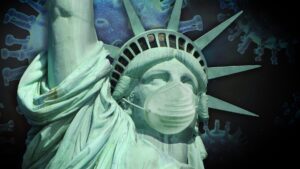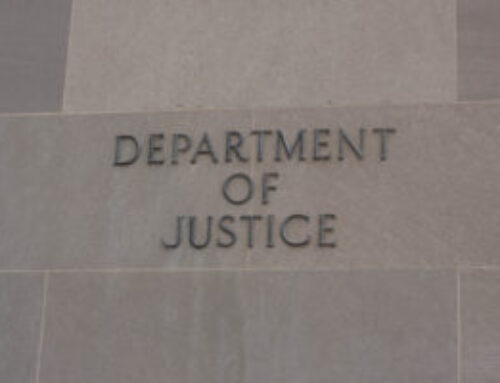By the Constantine Cannon Whistleblower Team
On May 5, the government announced that the restaurant chain CoreLife Eatery, LLC admitted to misrepresenting its eligibility for pandemic relief funds. The business, which operates locations in Illinois, Kentucky, Ohio, Pennsylvania, and New York, agreed to pay $7,809,373 to resolve allegations that it violated the False Claims Act by falsely certifying its eligibility for a Restaurant Revitalization Fund (RRF) grant as part of the government’s COVID-19 emergency relief programs.
United States Attorney John A. Sarcone III explained: “The RRF was created to support certain small businesses facing the economic hardships of the COVID-19 pandemic. By submitting false information about its size to obtain a grant, CoreLife not only diverted funds from eligible recipients but also eroded public trust in critical relief efforts. Our office remains committed to enforcing the False Claims Act and holding accountable those who misrepresent their eligibility for federal funding.”
COVID-19 Emergency Relief Programs
In March 2021, Congress enacted the American Rescue Plan Act, part of the government’s emergency relief programs to aid American businesses economically suffering from the pandemic’s effects. From this Act, the RRF was allocated $28.6 billion, enabling the United States Small Business Association to award grants to qualifying entities.
Pandemic Relief Program Eligibility
The program had many requirements including that restaurants, and affiliated entities with over 20 locations as of March 13, 2020, were ineligible for RRF funding. The application process asked applicants how many locations each business owned and operated.
CoreLife now admits that they had 29 restaurant locations as of March 13, 2020.[1] During the application process, it falsely responded “no” to the question about owning more than 20 locations. Next to this question, the application stated that the applicant would be ineligible if they answered “yes.” The chain knew, or should have known, that it had too many locations to qualify.
COVID-19 Related Fraud and the Role of Whistleblowers
As with many recent pandemic fraud cases, this complaint was originated by a whistleblower under the qui tam (or whistleblower provision) of the False Claims Act, allowing private parties to file lawsuits on behalf of the government for false claims and receive a portion of any monetary recovery. The relator (or whistleblower) in this case will receive $1,171,405.96.
Whistleblowers are vital to speaking out against misconduct and sharing information about matters such as defrauding the government. Such frauds can include falsely certifying requirements when applying for COVID-19 loans, unauthorized use of funds, payment of kickbacks to obtain government contracts related to the COVID-19 pandemic response, and more.
Whistleblower attorney Ginger Buck commented: “It is gratifying to see the government taking action against business owners and operators who falsely certify their eligibility for emergency government assistance programs. We applaud and assist whistleblowers who share information about potential cases.”
Our Firm Helps COVID-19 Fraud Whistleblowers
If you would like to learn more about our work representing whistleblowers or think you have information on potential violations, please contact us. We will connect you with an experienced member of our whistleblower team.
Speak Confidentially With Our Whistleblower Attorneys
[1] See https://www.justice.gov/usao-ndny/pr/restaurant-chain-pay-78-million-misrepresenting-eligibility-pandemic-relief-funds
Read CoreLife Eatery Admits to Pandemic Relief Fraud in Whistleblower Initiated Case, Will Pay $7.8M at constantinecannon.com






Leave A Comment